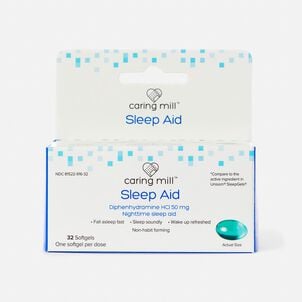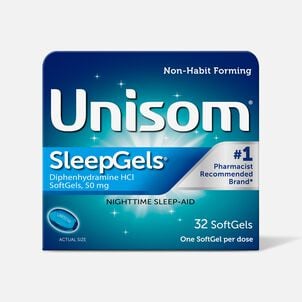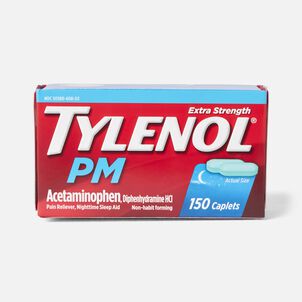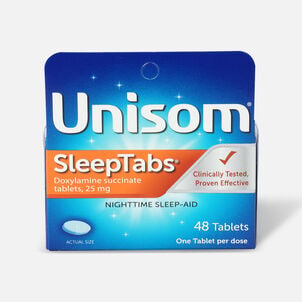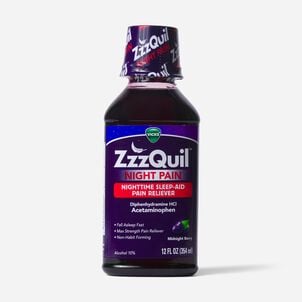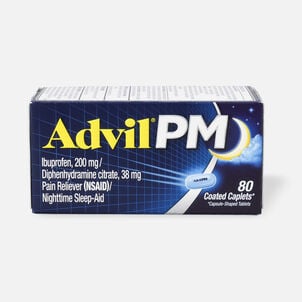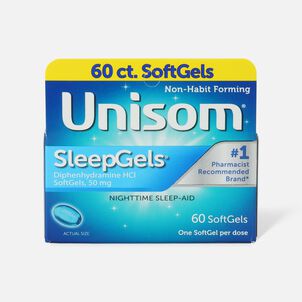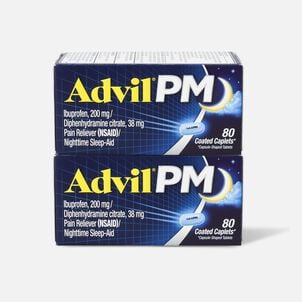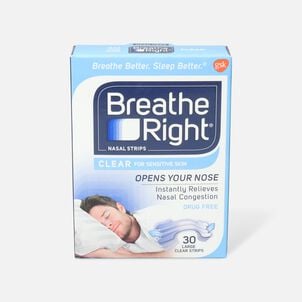The Complete HSA Eligibility List
Here it is — the most-comprehensive eligibility list available on the web. From A to Z, items and services deemed eligible for tax-free spending with your Flexible Spending Account (FSA), Health Savings Account (HSA), Health Reimbursement Arrangement (HRA) and more will be here, complete with details and requirements. Important Reminder: HSAs, FSAs, HRAs and other account types listed may not all be the same. Be sure to check with your administrator to confirm if something is eligible before making a purchase.
Here it is — the most-comprehensive eligibility list available on the web. From A to Z, items and services deemed eligible for tax-free spending with your Flexible Spending Account (FSA), Health Savings Account (HSA), Health Reimbursement Arrangement (HRA) and more will be here, complete with details and requirements. Important Reminder: FSAs, HRAs and other account types listed may not all be the same. Be sure to check with your administrator to confirm if something is eligible before making a purchase.
Anti-Snore Guards: HSA Eligibility
Anti-Snore Guards: eligible with a Health Savings Account (HSA)HSA Eligible Sleep Aids
Snore guards when used to treat conditions like sleep apnea or improper breathing are eligible.
What is snoring?
Snoring is caused by the vibration of tissues in the airways and the mouth that signal that the individual's breathing is obstructed in some way. When we sleep, the muscles in the soft palate, tongue, and throat relax as a person drifts off to sleep. However, if these tissues begin to block airways and narrow them, this can cause significant, audible vibrations in the mouth and throat that is better known as snoring. Snoring can be caused by pre-existing conditions or by an individual's behaviors, including respiratory anatomy, sleep apnea, sleep position/deprivation, excessive alcohol consumption or nasal problems (Mayo Clinic).
How is snoring treated?
Your provider may recommend treatments to improve your posture or open your airways when you sleep. Remedies for snoring include:
Lifestyle changes: Avoiding alcohol before bed, changing your sleep position and maintaining a healthy weight can reduce snoring.
Medications: Cold and allergy medications relieve nasal congestion and help you breather freely.
Nasal strips: Flexible bands stick to the outside of your nose and keep nasal passages open.
Oral appliances: Wearing an oral appliance when you sleep keeps your jaw in the proper position so air can flow. Your healthcare provider might call it a mouth device or a mouth guard. A mouth guard used for other purposes, like sports, won't resolve snoring.


